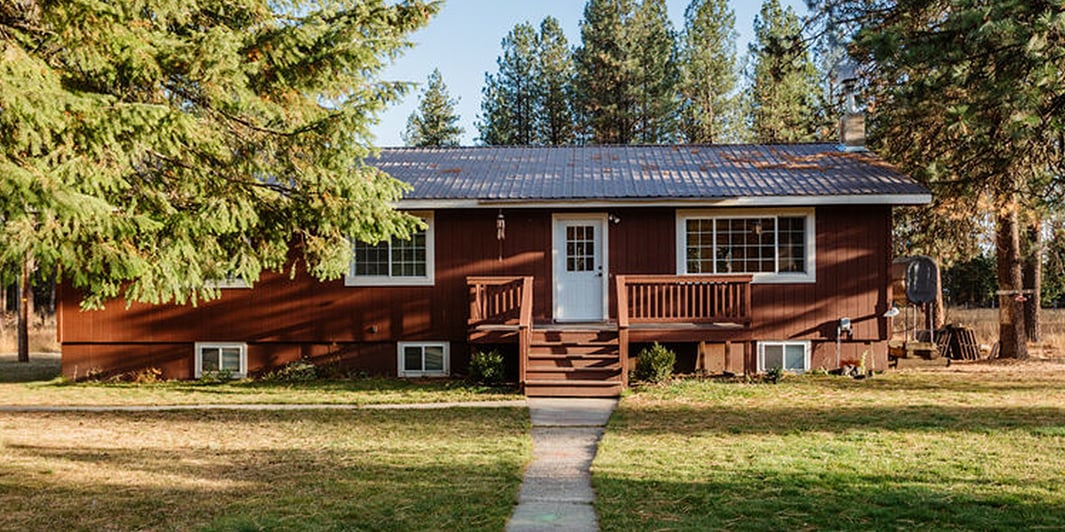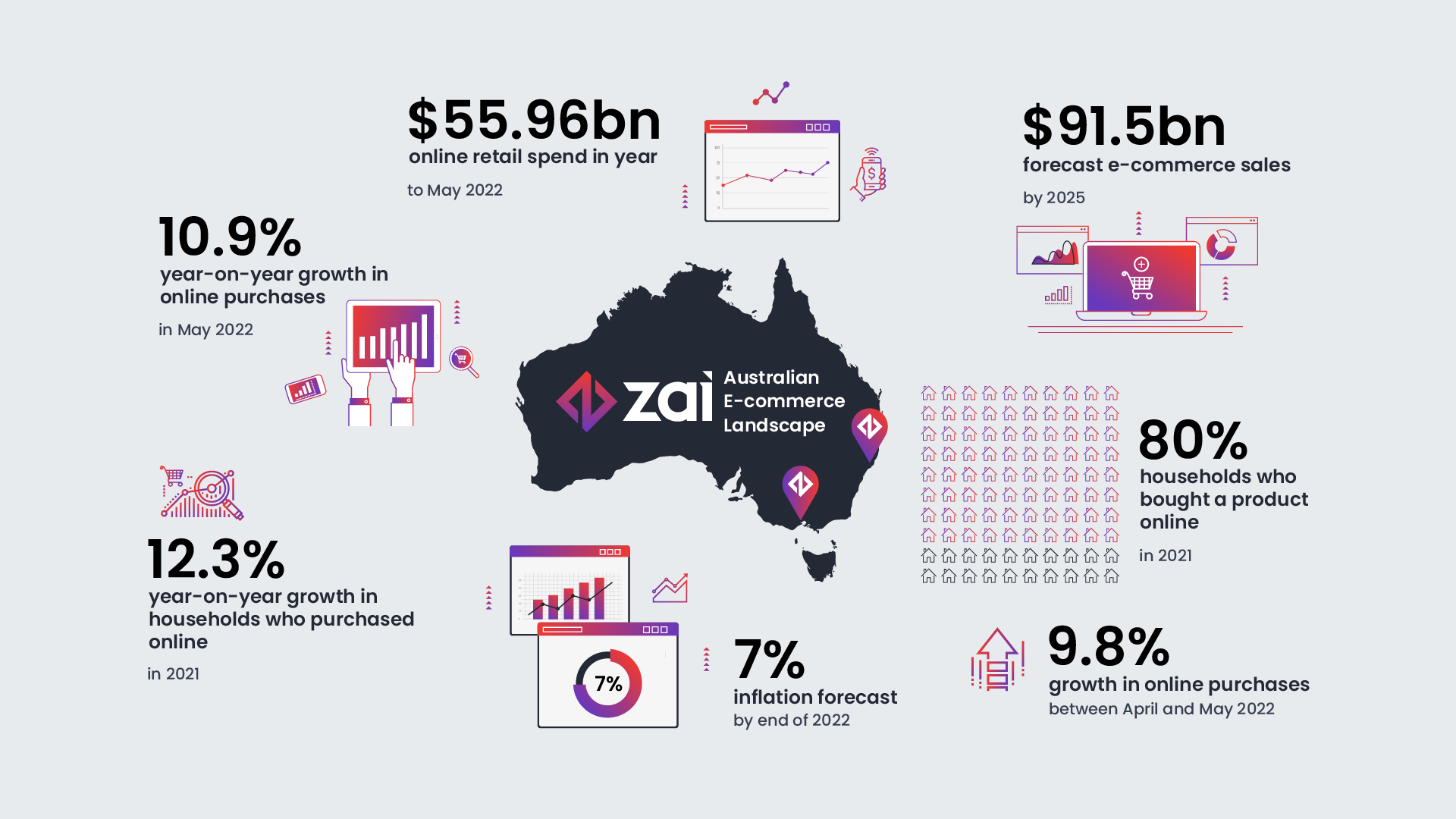By building trust within their shared-economy rental sites, Airbnb, VRBO, Tripping.com and others have attracted 10’s of millions of devout users.
The phenomenon of rental property sites has completely changed the landscape of vacation and business travel lodging. Why stay in a drab, nondescript hotel by the airport when, for the same cost, you could stay in a hip well-furnished apartment within walking distance to a city’s coolest attractions?
Makes total sense, right?
It’s just one example of the best parts of the sharing economy – one person’s unused asset is another’s opportunity to save money and have a far superior experience. In this article we’re going to look at how the best performing sites have built trust into their marketplaces to reach unprecedented levels of success.
The ups and downs of rental property marketplaces
Most of the time everything goes as planned, or at the very least, nearly as planned. My team and I were recently in NYC and crashed together in a three-bedroom apartment we found on Airbnb.
Honestly it was perfect – spacious shared common area where we could prep for our presentation that also provided a greater opportunity for team bonding, etc.
But this isn’t always the case.
There are tons of horror stories posted online from folks (both travelers and property owners) who don’t end up having the same rosy experience Team Zai did in Manhattan. Typical issues tend to revolve around,
- Benign: like no towels, the cable doesn’t work, patchy wi-fi, etc.
- Caustic: identity theft, creepy property owners holding guests hostage, apartments used as brothels, etc.
These issue have become a big enough problem that last year AirBNB announced the formation of a 100 person “Trust and Safety team” who are available around the clock to support their network of vacationers and property owners in the event that an agreement goes sideways.
That’s all well and good, and we applaud Airbnb for creating this security blanket, but there are a number of other things both parties can do to ensure no surprises when engaging within shared-economy marketplaces.
Below are a few examples (of many) including one that’s near and dear to us here at Zai.
Identity verification
Is the other party really who they say they are? The first thing that anyone considering engaging with someone else on a marketplace should do is verify the individual’s identity.
Many marketplaces make this easy with social media integrations (with Facebook being the most common) but simple things like Googling the individual’s name can provide additional assurance that you’re not contracting with the next Charles Manson. To take it a step further, if the person seems a bit suspect, marketplaces should enable both parties to be able to request additional ID verification on the platform.
Reviews
Central to building trust between buyers and sellers is the ability to transparently see how others have rated the individual – social proofing. This can get tricky, but resolution and social proofing is important.
It seems obvious, but if an individual has spotty or non-existent reviews it would make common sense to avoid engaging with them. Granted sometimes reviews can be manufactured but there are ways to protect people against faulty or completely unfair reviews. On the other hand, individual providers with a keen sense of customer service will most often be reviewed with transparency. Point here is that it’s important to see what other users thought of their experience. It provides a competitive edge that adds value to the overall marketplace as well.
Communication
Sounds like another no-brainer, but establishing strong lines of communication in the weeks and days leading up to the engagement helps to ensure both parties have a clear understanding of expectations and that each is coming to the table in good faith.
For vacationers, I’d immediately see red flags if a property owner isn’t available via phone or isn’t promptly responding to email inquiries. Same goes for property owners – if you can’t reach the person whom will be staying at your property you might want to rethink renting to them.
Payments
The way in which parties actually pay each other for services is key to establishing trust, especially if strings can be tied to the transaction settlement.
Wouldn’t it be great as a vacationer to be able to deposit funds into an escrow account and then only release the funds if the property is as advertised?
We certainly think so. And, for property owners, requiring that renters put a deposit into escrow to fund any repairs (similar to the leases many of us have on our apartments) seems like a logical way to hedge risk, weed out some of the bad guys, and ensure that that lovely San Francisco studio apartment doesn’t become the venue for a massive all-night rager.
Our view is that payments are an overlooked tool for enabling trust between buyers and sellers and, in many cases, can actually lead to increased customer engagement when those payments are facilitated by the marketplace itself.
Conclusion: Opportunities to build trust are growing
The long and short of it that the sharing economy’s here to stay. Businesses with marketplace models underpinned by those who want to share assets are only going to continue their climb.
How these marketplaces can instill trust between buyers and sellers will be instrumental to this growth.
As they say, one bad apple ruins the bunch and, as we all know, consumers are fickle. We tend not to return to marketplaces where we’ve had bad experiences, especially places where we don’t feel safe. Trust is the answer! Zai helps you build it.



